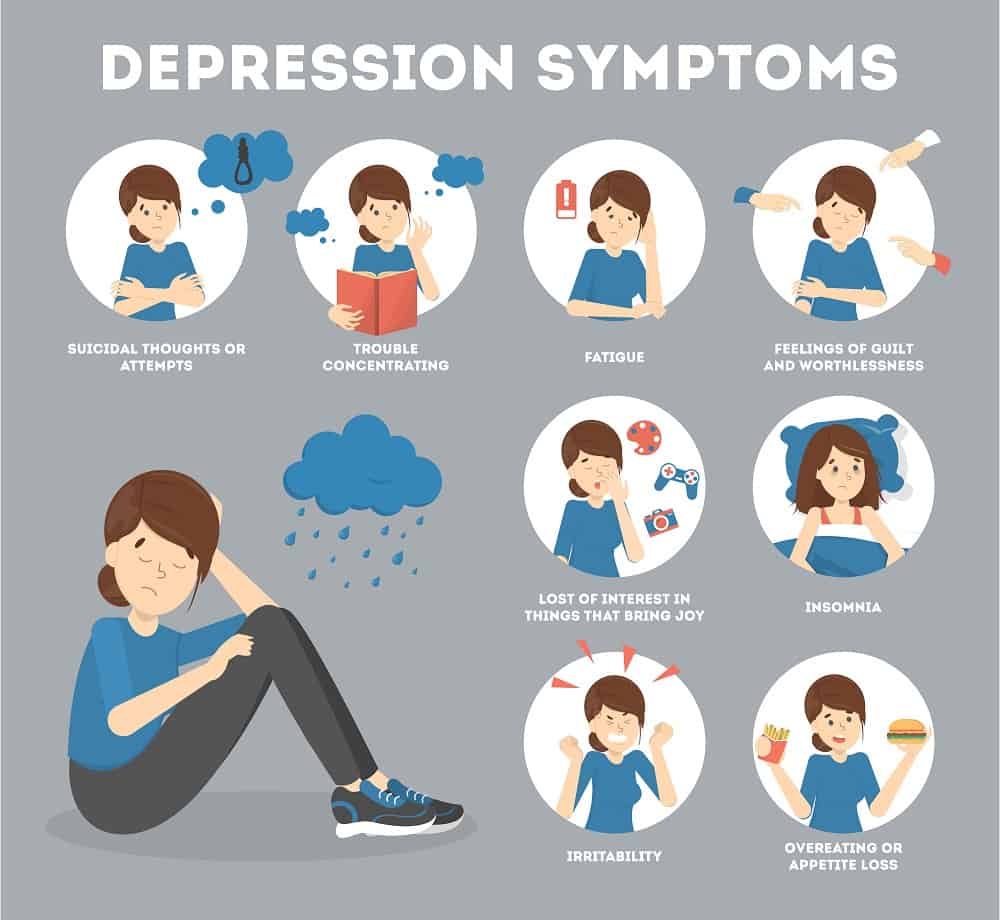Experts estimate that up to 40% of people living with Alzheimer’s disease suffer from significant depression. Mental health conditions commonly coexist in people living with cognitive disorders such as Alzheimer’s disease and Parkinson’s disease, but the connection appears to be even stronger than this.
Let’s take a closer look at the link between cognitive disorders and mental health and methods for better patient care and support.
Depression—as well as the isolation and reduced mental and social activity that often accompany depression—appears to be a risk factor for developing several cognitive disorders. On the other hand, cognitive and neurological impairments can be present in many mental illnesses.
It is widely recognized that the onset of Alzheimer’s and other causes of dementia may be modifiable through the management of risk factors and incorporation of lifestyle changes. It appears that depression and its associated lifestyle impacts may be a modifiable risk factor for Alzheimer’s disease.
Studies continue to demonstrate the significant association between depression symptoms and Alzheimer’s disease. One study suggests that depression symptoms before the onset of Alzheimer’s disease are associated with the pathogenesis of Alzheimer’s, even when the first depression symptoms occurred more than 25 years before the onset of Alzheimer’s. This indicates that depression symptoms are a risk factor for the future development of Alzheimer’s.
Similar to Alzheimer’s disease, depression is more common in individuals with Parkinson’s disease than in the general population. It’s believed that depression is either a causal risk factor for Parkinson’s or may be a very early prodromal symptom of Parkinson’s.

The link between cognitive disorders and mental health is also demonstrated by the presence of cognitive impairments in several mood disorders.
Cognitive deficits in mood disorders have been studied at length, and impairments across several cognitive domains, including attention, executive function, and recall memory, have been observed in mood disorders.
One study comparing depressed and euthymic individuals with healthy controls found that euthymic individuals did not show signs of significant impairment in the domain of attention and working memory, while depressed and manic individuals in the acute phases of their illnesses produced more errors of attention in comparison to matched controls. Increased severity of mental illness correlated with larger cognitive performance deficits.
They also found that when compared with healthy controls, those with euthymic bipolar I showed executive functioning impairment while acutely ill, with improvements when retested during subacute phases.
The study also revealed that individuals who were acutely depressed showed signs of nonverbal memory impairment, while the nonverbal memory of euthymic individuals was similar to that of the control group.
There is a clear connection between cognitive disorders and mental health—but how does this impact our approach to providing better support to patients?
Cognitive disorder prevention and treatment lies in the early detection of cognitive impairment. Additionally, the assessment and management of cognitive impairments in mood disorders are important for providing optimal treatment.
We are experiencing a shift in the world of healthcare towards a more personalized, holistic approach to medicine. When paired with mental health screening and patient monitoring, regular cognitive testing allows providers to understand the cognitive and mental states of their patients and rapidly inform care when changes are detected, providing the opportunity for early intervention and better health outcomes.
Altoida’s mission is to accelerate and improve drug development, neurological disease research, and patient care. To learn more about our precision-neurology platform and app-based medical device, contact us!